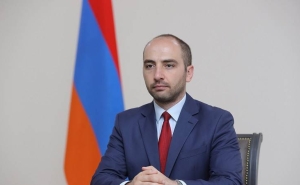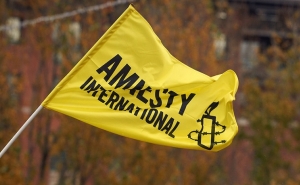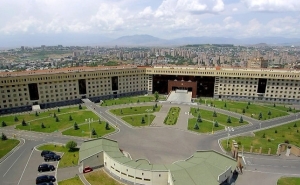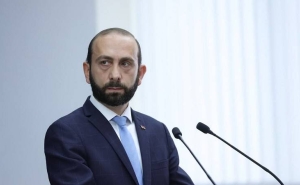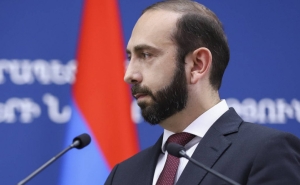What are Rules and Regulations of International Extradition and When is it Legitimate?
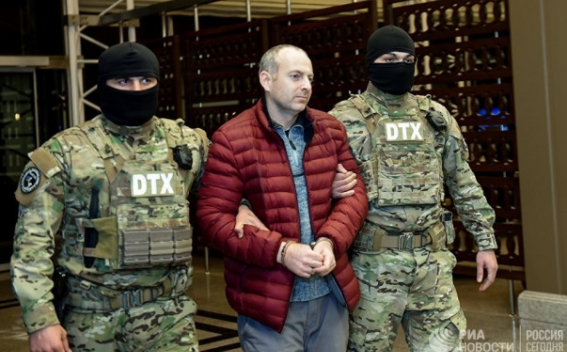
The extradition of the Israeli-Russian blogger Alexander Lapshin from Belarus to Azerbaijan has been under the focus of not only the regional media but also the international community.
What are the rules and regulations of the international extradition process and when it can be considered legitimate?
Extradition is the official process whereby one country transfers a suspected or convicted criminal to another country. Between countries, extradition is normally regulated by treaties. Where extradition is compelled by laws, such as among sub-national jurisdictions, the concept may be known more generally as rendition.
Through the extradition process, a sovereign (the requesting state) typically makes a formal request to another sovereign (the requested state). If the fugitive is found within the territory of the requested state, then the requested state may arrest the fugitive and subject him or her to its extradition process. The extradition procedures to which the fugitive will be subjected are dependent on the law and practice of the requested state.
The consensus in international law is that a state does not have any obligation to surrender an alleged criminal to a foreign state, because one principle of sovereignty is that every state has legal authority over the people within its borders. Such absence of international obligation, and the desire for the right to demand such criminals from other countries, have caused a web of extradition treaties or agreements to evolve. When no applicable extradition agreement is in place, a sovereign may still request the expulsion or lawful return of an individual pursuant to the requested state’s domestic law. This can be accomplished through the immigration laws of the requested state or other facets of the requested state’s domestic law. Similarly, the codes of penal procedure in many countries contain provisions allowing for extradition to take place in the absence of an extradition agreement. Sovereigns may, therefore, still request the expulsion or lawful return of a fugitive from the territory of a requested state in the absence of an extradition treaty.
No country in the world has an extradition treaty with all other countries; for example, the United States lacks extradition treaties with Russia, the People's Republic of China, Namibia, the United Arab Emirates, North Korea, Bahrain, and many other countries.
A concept related to extradition that has significant implications in transnational criminal law is that of aut dedere aut judicare. This maxim represents the principle that states must either surrender a criminal within their jurisdiction to a state that wishes to prosecute the criminal or prosecute the offender in its own courts. Many international agreements contain provisions for aut dedere aut judicare. These include all four 1949 Geneva Conventions, the U.N. Convention for the Suppression of Terrorist Bombings, the U.N. Convention Against Corruption, the Convention for the Suppression of Unlawful Seizure of Aircraft, the Convention Against Torture and Other Cruel, Inhuman or Degrading Treatment or Punishment, the Convention for the Protection of Cultural Property in the Event of an Armed Conflict, and the International Convention for the Suppression and Punishment of the Crime of Apartheid.
According to the ''e'' point of the first paragraph of Article 89 by the European Convention, it is forbidden to extradite a person where there are substantial grounds for believing that the person is pursued for his racial, gender, religious, ethnicity or political beliefs.
According to the Chamber of Advocates of Armenia, Azerbaijan carries out the persecution of Lapshin for his political beliefs and professional activities.
Thus Lapshin prosecution is contrary to the Universal Declaration of Human Rights, which states that everyone has the right of freedom of opinion and speech.
On these very grounds Belarus had absolutely no right to extradite blogger Alexander Lapshin.
Other materials on this subject
- Russian forces have clearly failed in their duties: senators press Biden Administration to break Azerbaijan’s blockade The United States cannot stand aside while the Aliyev regime callously threatens the lives of Nagorno-Karabakh’s citizens, and must hold Azerbaijan to account for blocking a civilian population’s access...
- US calls for the full restoration of free movement through the Lachin Corridor "We remain concerned about impeded access to the Lachin Corridor and the humanitarian implications of this situation. This sets back the peace process and undermines international confidence. We call for...
- Azerbaijani forces violate the ceasefire in Artsakh The ceasefire violation was reported to the command of the Russian peacekeeping troops.
- Azerbaijani units violate ceasefire in several directions, Artsakh’s Defense Ministry says The Armenian side has no losses. The incidents of ceasefire violations were reported to the command of the Russian peacekeeping troops.
- Russian Diplomat Reassures Armenians Over Corridor In Karabakh "The parties are in direct contact, and I assure you that the peacekeepers will not move a single centimeter until there is a new corridor," Seleznyov said.
Other materials on this subject
- Magnifier: Baku’s Imitation of Democracy And Peace-loving The program “Magnifier” dealt with issues related to human rights, recent amnesty and peace preparation in Azerbaijan.
- European Court Announces Two New Decisions against Azerbaijan The Strasbourg Court decided that each applicant should be paid an award of EUR 7,500 and another EUR 2,500 to reimburse the court expenses.
- ECHR Rejects Azerbaijan’s Appeal: What Is Next? The following measures will be either to suspend Azerbaijan’s voting rights and to expel Azerbaijan from the organisation.
- Composer of "The Promise" Movie Song Got Human Rights Watch Award The inaugural honor was given to the late legendary singer and songwriter Chris Cornell in recognition of his song, The Promise. The award was presented at The Voices for Justice Human Rights Watch Annual...
- UNESCO: 930 Journalists Have Been Killed in Last 11 Years In 2016 alone, the UNESCO Director-General condemned the killing of 102 journalists, media workers, and social media producers of public interest journalism. In 2012, the deadliest year for journalists,...
-
 17:08
17:08The regular session of the Anti-corruption Policy Council takes place in Jermuk
-
 15:05
15:05The Prime Minister sends congratulatory messages to the supreme leader of Iran and the President of Iran
-
 11:11
11:11Armenia sends earthquake aid to Turkey
-
 10:43
10:43Commemoration of the Pontiff St. Sahak Partev
-
 09:16
09:16Some roads are closed and difficult to pass in Armenia
-
 19:55
19:55Phone conversation of the Foreign Minister of Armenia with the U.S. Assistant Secretary of State for European and Eurasian Affairs
-
 18:30
18:30Prime Minister Pashinyan and President Khachaturyan meet
-
 18:20
18:20Ararat Mirzoyan with Co-Chairman of the OSCE Minsk Group of France Brice Roquefeuil
-
 17:01
17:01Humans could land on Mars within 10 years, Musk predicts
-
 16:45
16:45France, US urge 'immediate' end to Nagorno Karabakh blockade
-
 16:01
16:01Blockaded Nagorno Karabakh launches fundraiser to support quake-hit Syria
-
 15:59
15:59Earthquake death toll in Turkey rises to 18,342
-
 15:43
15:43Ararat Mirzoyan Held a Telephone Conversation with Sergey Lavrov
-
 15:06
15:06French president rules out fighter jet supplies to Ukraine in near future
-
 14:47
14:475 Day Weather Forecast in Armenia
-
 14:44
14:44President Vahagn Khachaturyan wrote a note in the book of condolences opened in the Embassy of Syria in Armenia
-
 14:20
14:20Azerbaijan’s provocations impede establishment of peace and stability – Armenian FM tells Russian Co-Chair of OSCE MG
-
 12:57
12:57France representation to OSCE: Paris calls on Azerbaijan to restore freedom of movement through Lachin corridor
-
 11:40
11:40Command of Kosovo forces highly appreciated preparation of Armenian peacekeepers
-
 10:16
10:16The United States withdrew from sanctions against Syria for six months the provision of assistance after the earthquake
day
week
month
Humidity: %
Wind: km/h



